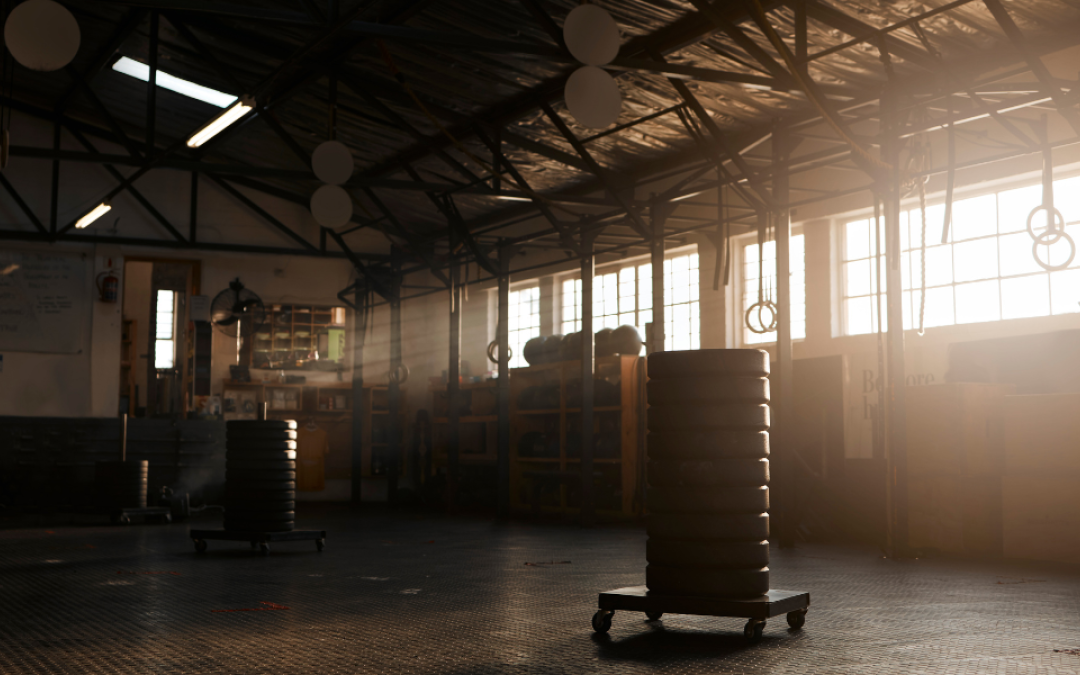Feature image by PeopleImages via Getty Images
Even though I believe in complete body liberation and fat freedom, I don’t like to talk about my “I’ve been fat my whole life” baggage. It’s become kind of a weird thing, actually. I certainly don’t mind talking about my fatness or about the ways in which this world isn’t built for me or people like me, but I hate getting deeper than that. The truth is that for a lot of us who grew up fat, our lives were filled with one traumatic body-related event after another. Everything that could help keep the human body healthy for the long run — watching the quality and quantity of foods you’re eating, exercising regularly, drinking water, etc. — all get turned into an oppressive, perverted system of restriction when you’re a fat kid being forced to lose weight. And my experiences match that exactly.
I can’t remember the moment I went on my first diet as a kid, but I know I was under 10. I was an active kid who played both rec league and school sports and was constantly out bike riding and rollerblading with my friends, but none of it was keeping me at what doctors and my family would’ve considered a healthy weight or look. You can’t diagnose something 24+ years out from the thing actually happening, but I’m fairly certain it was mostly the lifestyle and financial shifts of my entire family that was causing this to happen. Over the years, doctors and therapists have urged me to remember when I started eating emotionally because that’s what they always assume is happening. But I’ve never been an “emotional eater” or a “binge eater.” I also don’t have any chronic illnesses, hormonal issues, or problems with my thyroid, which makes it hard for these people to answer a question that, to me, has a glaringly obvious answer. Why am I fat? Well, I have a fat body. And I’m supposed to live in that fat body. Of course, this isn’t an answer they’d ever come to because it doesn’t suit the narratives and treatments they’re selling.
When I was diagnosed with osteoarthritis in my left knee this year, I knew that one of the first things the orthopedic doctor would mention was my weight. And he did. Very gently, knowing full well that losing weight couldn’t fix my knee but could alleviate some of the pain and problems I was having. After our appointment, I did some research of my own, and learned that every pound you weigh puts three pounds of pressure on your knees and that for people with osteoarthritis in their knees, every pound they lose takes off four pounds of pressure. As much as I wanted to say “Fuck this shit” to everything I read, I couldn’t deny the reality that my knee hurt like hell, my mobility was impaired, and I needed to find ways to change that without relying solely on cortisone injections in my knee.
I knew that in the process of doing this, I’d be battling a lot. Mostly, I’d have to learn to quiet a lot of thought processes that attempt to take over when I’m thinking about the way I eat and how much I move. And I’d have to stop myself from falling into a cycle of self-flagellation that I’d learned from my almost two decades of yo-yo dieting. I wanted to start rebuilding my relationships with these things, but it felt like I had to be careful about how I did that as well. I turned to one of my closest friends who participates in strength training competitions and whose hard-won healthy relationship with exercise makes him an extremely knowledgeable and compassionate person to talk to about this stuff. When I told him I was thinking about strength training to help fight the degeneration that happened and would continue happening in my knee, he encouraged me to go for it and connected me with his strength coach to help me get started.
Within a couple weeks at the strength gym, I experienced something really special. Strength sports aren’t about vanity or perfection or thinness. In fact, they’re more about the exact opposite. It’s all about progression, about getting stronger and pushing yourself further, but not at a speed that your body can’t go. If you go too fast or push yourself too far beyond your limits, you risk injury, and injury has the potential to erase your progress. At the strength gym, no one judges you for your size or doubts your ability; they compliment on how much better your squats have gotten since you started or tell you that you’ll get it next time when you can’t accomplish something.
It’s easy to exercise there because everyone makes it feel comfortable, which definitely alleviates some of the anxiety I had about this process overall, but I’d be lying if I said that exercise was some beautiful, magical experience for me. I keep jokingly asking everyone when the supposed endorphin rush of it all is supposed to kick in, and I make jokes about how my brain must be broken because all I want to do after exercising is cry or sleep. I’ve been consistent because I know I need to be, but it’s truly one of the hardest parts of my day, and I never see anyone talking about how most of the time, this shit just isn’t that fun. That being said, of course, there are some exercises that I prefer doing over others, and the ones I hate, well, I really hate them.
Regressed Pull Ups
As my strength coach Vinny always says, “Every exercise can be regressed.” But honestly, maybe some just shouldn’t? Like pull ups. I used to think pull ups were the hardest, toughest looking exercise a person could do. I’m sure you know what I mean…you’ve seen the movies where some stern looking character jumps up, grabs a bar, and starts pulling themselves up vigorously. Yeah, this isn’t exactly like that, but the idea is that maybe, maybe one day I’ll do that (probably not). For now, these hurt my hands a lot and make me feel like my heart is about to beat out of my chest.
Battle Ropes
People seem to love these, and I kind of get the appeal. You’re literally just swinging your arms around, and you can get some satisfaction from slamming the heavy rope down on the ground. They’ve been proven to improve flexibility and endurance. But generally, these just kind of bore me to death. They’re also not nearly as satisfying as sledge hammering tires.
Barbell Squats
Going to keep it real with y’all…I mostly just hate them because I can’t do these very well yet. I know you probably look at a barbell squat and imagine that it’s the amount of weight on it that makes it difficult, but I’m here to tell you that you’re wrong. Zercher squats, goblet squats, dumbbell squats, I can do all of those, no problem. But barbell squats? No. Barbell squats change your whole center of gravity because your arms and shoulders have to be pinned back to support the barbell resting on your back. Every time I try to do them, I feel like I’m going to fall straight back and break my neck on the bar as I fall.
Dead Bugs
Did you watch the video? OK, then you can see why they fucking suck.
Pushing the Sled
Everyone who knows me has heard about the sled. This shit is awful. Yeah, awful. Look, I know it seems like it’s not a big deal. I know it seems like there are more difficult exercises out there, and there definitely are. BUT pushing the sled? I don’t know how to explain it. Actually, I do. Ok, so I don’t agree with the overall message of George Orwell’s Animal Farm or anything but do y’all remember Boxer? Boxer was slowly working himself to death. That’s what pushing the sled makes me feel like. It makes me feel like I could keel over and die at any second. But I guess it’s good for my mobility and endurance or whatever.
This content was originally published here.

